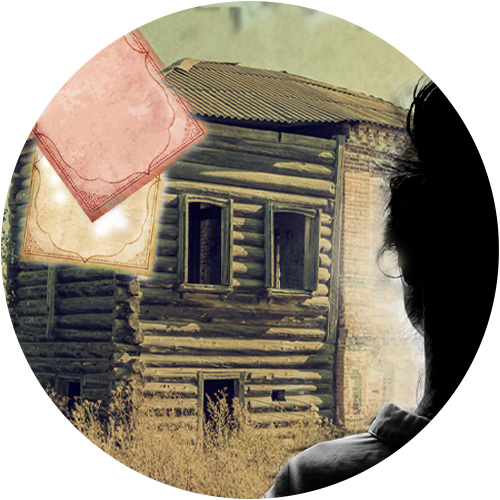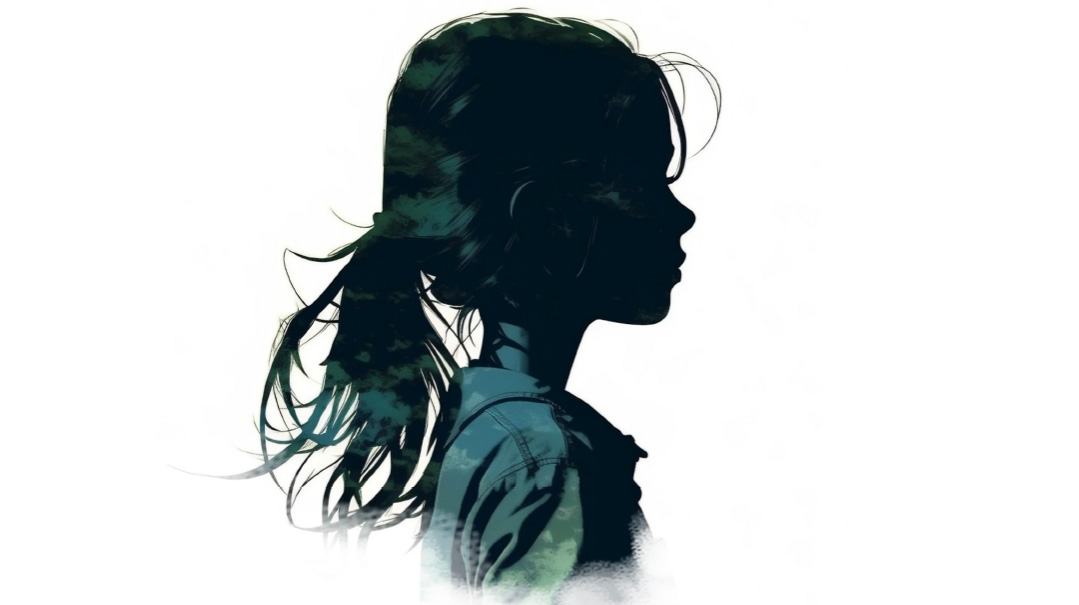Sara’s Story: Chapter 6
| April 26, 2022“My mother, sister, brother, and I would like to leave the country, but there is no way out. Can you help us?”

Tehran, Iran 1978
IT
wasn’t difficult for my brother, Yitzchok, to find the home of Ahmed*, the villager who had promised to help him in his hour of need.
Ahmed was more than just a simple villager. He was a smuggler who dealt in contraband.
Though the name of his profession wasn’t written across his forehead, Yitzchok intuited it during their conversation in Yitzchok’s shop three years earlier.
Dredging up the address that Ahmed had given him from the depths of his memory, Yitzchok arrived on the doorstep of Ahmed’s home. If Ahmed was surprised to see him, he didn’t show it.
“Come in,” Ahmed told my brother. “Have a drink. Sharbat-e zaferan, on me.”
Iranians are extremely hospitable people. It’s considered impolite for a guest to turn down his Iranian host’s offer for food and drink. Yitzchok drank some of the grassy-flavored saffron syrup and after a bit of small talk he got down to the purpose of his visit.
“My mother, sister, brother, and I would like to leave the country, but there is no way out. Can you help us?”
Oops! We could not locate your form.


